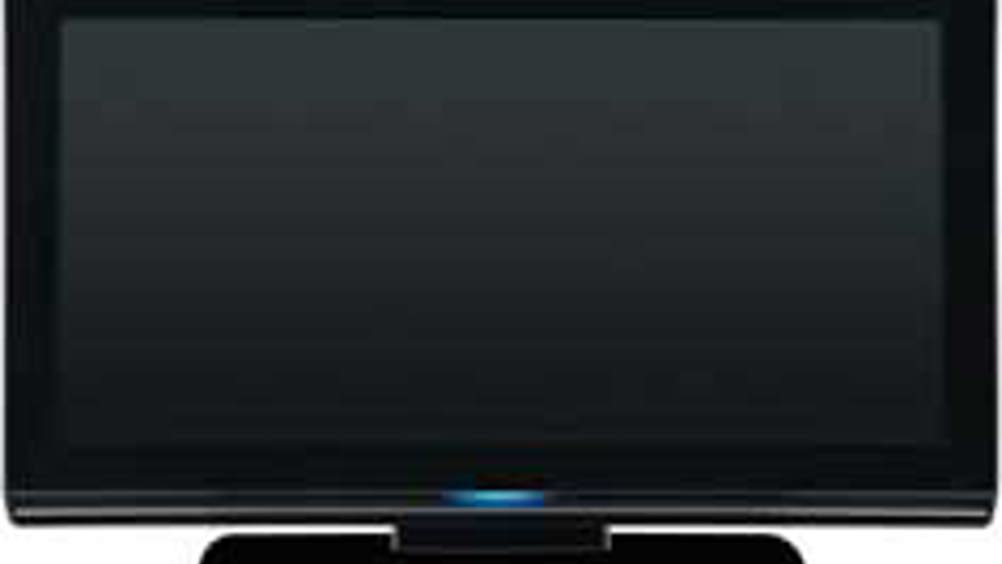PVA waste could help combat infections
The fastest-growing waste in the European Union (EU) could soon be helping to combat hospital infections, according to scientists at York University.

Researchers at the university’s Department of Chemistry have discovered a way of transforming the chemical compound polyvinyl-alcohol (PVA) – a key element of LCD television sets – into an anti-microbial substance that destroys infections such as Escherichia coli (E.coli) and some strains of Staphylococcus aureus.
The York research team had previously found a method of recovering PVA from television screens and transforming it into a substance that, owing to its compatibility with the human body, could be suitable for use in tissue scaffolds that help parts of the body regenerate. It could also be used in pills and dressings that are designed to deliver drugs to particular parts of the body.
Dr Andrew Hunt of the York Green Chemistry Centre of Excellence said: ’By heating then cooling the PVA and then dehydrating it with ethanol, we can produce a high-surface-area mesoporous material that has great potential for use in biomedicine.
’Now we have gone a step further by enhancing its anti-microbial properties through the addition of silver nanoparticles, with the result being that it can destroy bacterial infections such as E.coli. Potentially, it could be used in hospital cleaning products to help to reduce infections.’
Register now to continue reading
Thanks for visiting The Engineer. You’ve now reached your monthly limit of news stories. Register for free to unlock unlimited access to all of our news coverage, as well as premium content including opinion, in-depth features and special reports.
Benefits of registering
-
In-depth insights and coverage of key emerging trends
-
Unrestricted access to special reports throughout the year
-
Daily technology news delivered straight to your inbox










Water Sector Talent Exodus Could Cripple The Sector
Maybe if things are essential for the running of a country and we want to pay a fair price we should be running these utilities on a not for profit...